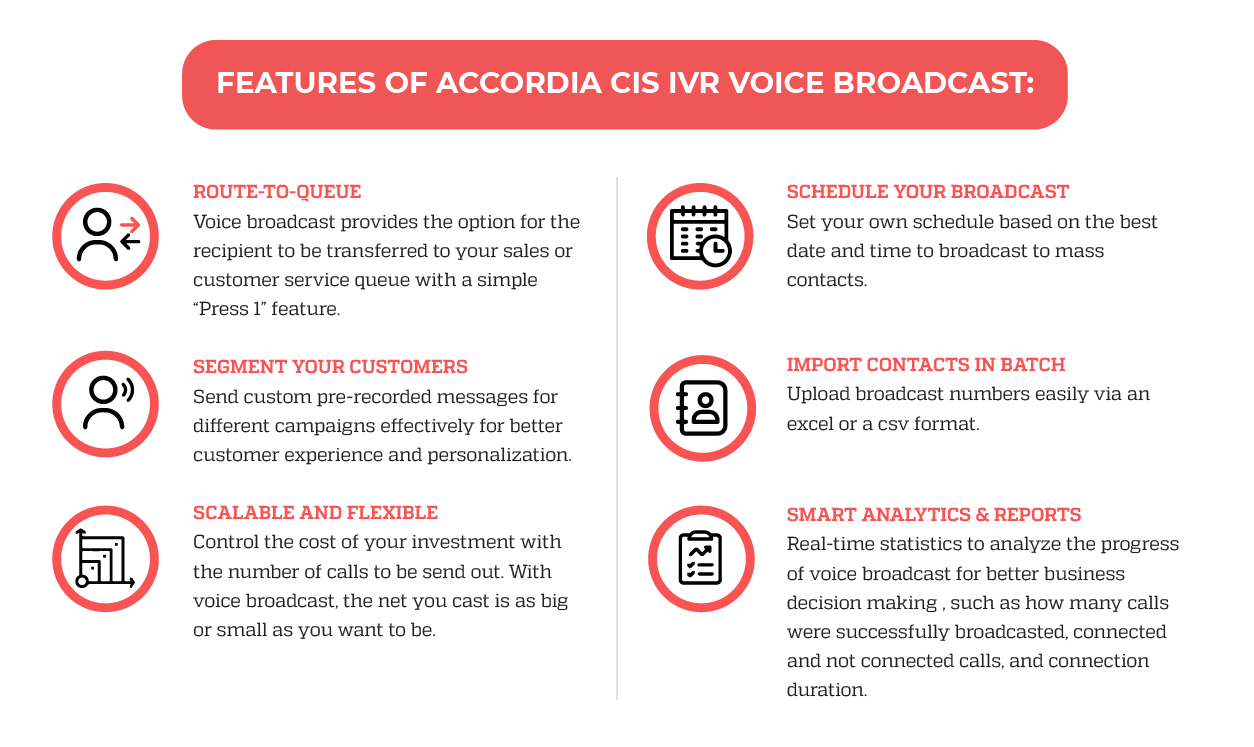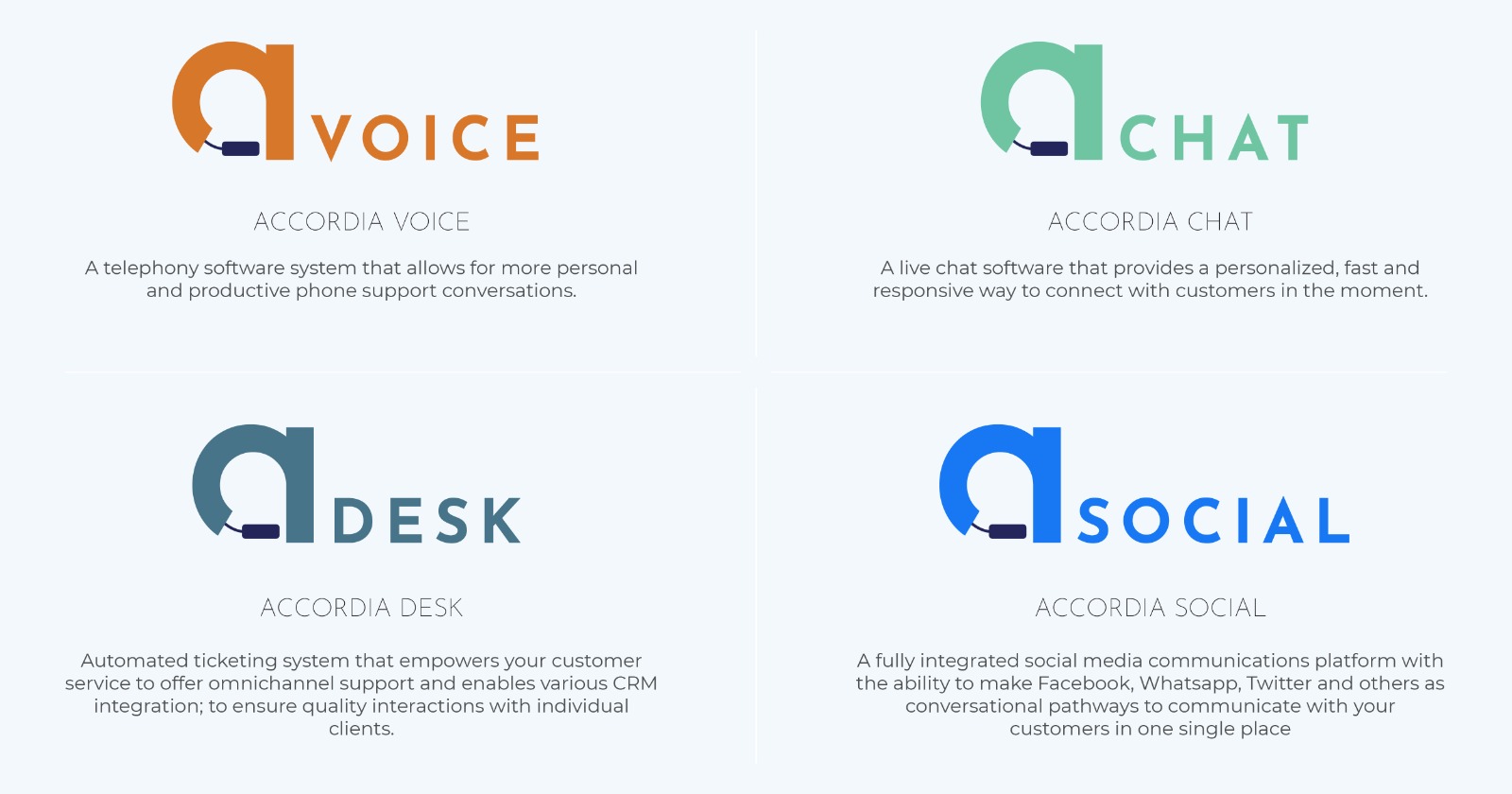
The Benefits of an Omnichannel Call Centre: Handling Failures in Automation.
Almost everything on the Tech-news today is about the implementation of an AI-powered solution to keep up with an ever-growing fast-paced business environment. Most people, if not all, who come across the word AI-powered or Generative AI will imagine limitless “automation” whereby there’s no requirement for human-based interactions. Businesses, especially SMEs should not have this mindset. Instead, a holistic integration of humans and automation is the best way to move forward. Personalized customer service plays an even more critical role in ensuring customer satisfaction and loyalty. Ultimately customers do on some level appreciate a physical human interaction. How best to address these disconnections?
“By 2028, the EU Will Mandate “the Right to Talk to a Human” In Customer Service, Predicts Gartner”
With the rise of omnichannel call centers, companies have been able to streamline their customer service operations across various communication channels, providing a seamless experience for customers. While automation has brought significant advantages to call centers, it’s essential to acknowledge that it’s not infallible. Therefore a marriage of both automation and human skills is still very much relevant today.
First, let’s explore the benefits of an omnichannel call center, and follow the different strategies for handling failures in automation effectively.
1. Enhanced Customer Experience:
Omnichannel call centers allow customers to interact with businesses through their preferred communication channels, whether it’s phone calls, emails, live chats, or social media platforms. This flexibility enhances the overall customer experience by providing convenience and accessibility. Customers can seamlessly switch between channels without having to repeat their concerns, leading to higher satisfaction levels.
2. Improved Efficiency:
Automation streamlines repetitive tasks such as call routing, data entry, and appointment scheduling, allowing call center agents to focus on more complex customer inquiries. This efficiency leads to shorter wait times, faster issue resolution, and increased agent productivity. Additionally, automation reduces the likelihood of human errors, ensuring accuracy in customer interactions.
3. Cost Savings:
By automating routine processes and optimizing resource allocation, companies can significantly reduce operational costs associated with call center management. With fewer manual interventions required, businesses can scale their operations more efficiently and allocate their budget to areas that drive growth and innovation.
4. Data-Driven Insights:
Omnichannel call centers generate vast amounts of data from customer interactions across multiple channels. Analyzing this data provides valuable insights into customer behavior, preferences, and pain points. Businesses can leverage these insights to personalize their services, anticipate customer needs, and make data-driven decisions to improve overall performance.

When Automation Fails: Strategies for Effective Handling.
Despite its benefits, automation is not immune to failures. Technical glitches, system downtimes, or misinterpretation of customer inquiries can result in automation breakdowns.
Hence all the more important to implement an Omnichannel Contact Centre strategy. Not only relying on one vertical such as WhatsApp Chatbot or Social Media marketing. Ensuring the different streams of the CX platform are integrated and helmed by a human agent is still very important.

Here are some strategies for effectively handling failures in automation within an omnichannel call center:
1. Implement Redundancy Measures:
Have backup systems in place to mitigate the impact of automation failures. This could include manual overrides, alternative communication channels, or rerouting customer inquiries to human agents when necessary.
💡 With systems in place such as Accordia’s IVR should there be a downtime taking place, tools such as an IVR could help. What’s an IVR? Accordia’s IVR is an integrated interactive voice response solution that provides the option for your call centers to automate services and transactions that typically require assistance from live customer service representatives, via voice commands or touch tone key selection. It is simple effective, and will significantly reduce costs and increase efficiency within any company.
2. Proactive Monitoring and Maintenance:
Regularly monitor the performance of automated systems and conduct routine maintenance to address any potential issues before they escalate. Investing in predictive analytics tools can help identify patterns and predict when automation systems are likely to fail.
💡 Should businesses adopt a holistic CX solution, existing “human agents”, can be upskilled to manage the systems, and be trained into an analysts suiting the business goals. Effectively creating job satisfaction in the process, whereby your human talent can stay within your organization longer with growth opportunities.
3. Seamless Transition to Human Agents:
Design processes that enable a smooth transition from automated interactions to human agents when automation fails. Provide agents with access to contextual information from previous interactions to ensure continuity and avoid customer frustration.
💡With Accordia’s Omnichannel solution, rest assured the above transition is seamlessly painless. Instead, a great possibility of customer satisfaction increases. How? With 24/7 availability, and prompt replies with accurate answers or pull-out of customers’ history which are what many customers are looking for. The after-sales side is being taken care of.
4. Continuous Improvement:
A great company does not only deliver exceptional service, they also do listen to feedback. With an Omnichannel CX in place, reaching out for CSAT scoring is a breeze, for example running quarterly checks. This data obtained is a great reference on the areas CX agents can improve on.
With these automation in place, as for human capital wise, adopting a culture of continuous improvement by soliciting feedback from customers and frontline agents will be a breeze. Use this feedback to refine automation algorithms, update knowledge bases, and enhance training programs to better equip agents to handle complex scenarios.
💡Benefits of engaging Accordia Solutions: Choose between Cloud based Contact Centre or On-Premise. Choosing to go Cloud, gives your business the flexibility to scale-up or scale-down which are perfect for SMEs. Whereas, if your business strength is ready for an On-Premise solution and have your own team to manage, we are also the right partner to advise you. Both verticals are out forte.

An omnichannel call center powered by automation offers numerous benefits, including enhanced customer experience, improved efficiency, cost savings, and data-driven insights. However, it’s essential to acknowledge that automation is not foolproof and can sometimes fail. By implementing redundancy measures, proactive monitoring, seamless transition strategies, and a culture of continuous improvement, businesses can effectively handle failures in automation and ensure uninterrupted customer service delivery. Ultimately, striking the right balance between automation and human intervention is key to delivering exceptional customer experiences in today’s competitive landscape.
Explore Accordia’s Omnichannel Contact Center, empowering human agents with the speed of automation while fool-proofing your CX channels.















